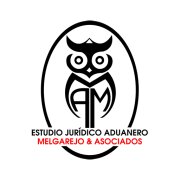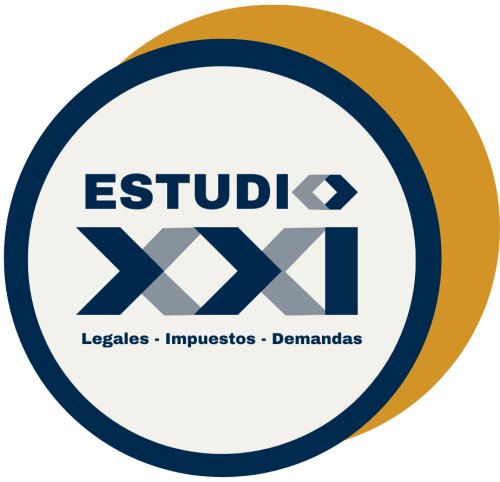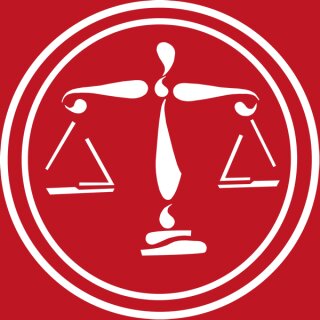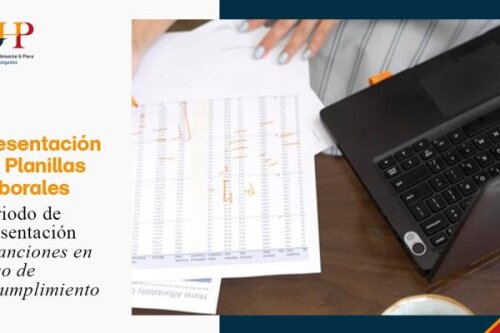Best Government Relations & Lobbying Lawyers in Paraguay
Share your needs with us, get contacted by law firms.
Free. Takes 2 min.
Or refine your search by selecting a city:
List of the best lawyers in Paraguay
About Government Relations & Lobbying Law in Paraguay
Government relations and lobbying in Paraguay involve the interaction between private sector entities and governmental institutions to influence the creation and implementation of public policies. Lobbying is a crucial part of how businesses, non-profits, and other organizations engage with legislators and regulators to advocate for favorable outcomes that align with their interests. Understanding the legal framework governing these activities is essential for lawful and ethical engagement in influencing public policy and decision-making in Paraguay.
Why You May Need a Lawyer
Engaging a lawyer with expertise in government relations and lobbying may be essential in several scenarios. Companies often require legal help when they need to navigate complexities in understanding policy impacts on their operations. You might also need a lawyer if you are drafting and submitting legislative proposals or require assistance in dealing with regulatory bodies. Additionally, lawyers can help ensure compliance with legal and ethical standards to avoid liabilities when advocating for changes in public policy.
Local Laws Overview
The framework for lobbying and government relations in Paraguay is regulated by several laws aimed at ensuring transparency and accountability. Public officials and lobbyists must adhere to specific regulations that govern conflicts of interest, declaration of assets, and transparency in operations. Key areas of legislation include the Law of Public Ethics and the Anti-Corruption Secretariat’s guidelines, which impose duties on both government actors and lobbyists to ensure honest and straightforward interactions.
Frequently Asked Questions
What is lobbying in the context of Paraguay?
In Paraguay, lobbying refers to activities aimed at influencing public policy decisions, including meetings with government officials, drafting legislative proposals, and engaging stakeholders to support specific causes.
Is lobbying legal in Paraguay?
Yes, lobbying is legal in Paraguay provided it is conducted within the regulatory frameworks and in compliance with ethical standards set forth by relevant legislation.
What regulations govern lobbying activities in Paraguay?
The main regulations are the Law of Public Ethics and guidelines from the Anti-Corruption Secretariat, focusing on transparency and accountability.
Are there registration requirements for lobbyists in Paraguay?
Currently, Paraguay does not have a formal lobbyist registry; however, transparency in interactions with public officials is required under existing ethical guidelines.
What potential legal risks are associated with lobbying?
Legal risks include potential conflicts of interest, violations of public ethics laws, and corruption charges if ethical standards are not maintained.
Can foreign entities lobby in Paraguay?
Foreign entities can engage in lobbying activities, provided they comply with local laws and ensure transparent interactions with public bodies.
What role does the Anti-Corruption Secretariat play in lobbying?
The Anti-Corruption Secretariat oversees adherence to public ethics, including lobbying activities, working to ensure activities are conducted ethically and transparently.
Can lobbying efforts influence budget allocations in Paraguay?
Yes, lobbying can influence budget allocations by advocating for changes or support within the public policy process, although such activities must align with legal standards.
How does Paraguay ensure transparency in lobbying?
Through legislation requiring disclosures and promoting activities that align with public interest without conflict-of-interest breaches.
What are the ethical considerations in government relations?
Key ethical considerations include transparency, avoiding conflicts of interest, truthful representation, and abiding by public ethics regulations.
Additional Resources
Individuals seeking more information on government relations and lobbying can explore resources from relevant governmental bodies like the Anti-Corruption Secretariat or the Ministry of Public Administration. Legal associations and non-profit organizations focused on transparency and public ethics can also offer valuable insights.
Next Steps
If you require legal assistance in government relations and lobbying, consider reaching out to a reputable law firm with experience in this field. It’s advisable to seek consultations with local attorneys familiar with Paraguay’s legislative and regulatory landscape. They can provide guidance on compliance, drafting proposals, and effectively engaging with governmental bodies while adhering to ethical guidelines.
Lawzana helps you find the best lawyers and law firms in Paraguay through a curated and pre-screened list of qualified legal professionals. Our platform offers rankings and detailed profiles of attorneys and law firms, allowing you to compare based on practice areas, including Government Relations & Lobbying, experience, and client feedback.
Each profile includes a description of the firm's areas of practice, client reviews, team members and partners, year of establishment, spoken languages, office locations, contact information, social media presence, and any published articles or resources. Most firms on our platform speak English and are experienced in both local and international legal matters.
Get a quote from top-rated law firms in Paraguay — quickly, securely, and without unnecessary hassle.
Disclaimer:
The information provided on this page is for general informational purposes only and does not constitute legal advice. While we strive to ensure the accuracy and relevance of the content, legal information may change over time, and interpretations of the law can vary. You should always consult with a qualified legal professional for advice specific to your situation.
We disclaim all liability for actions taken or not taken based on the content of this page. If you believe any information is incorrect or outdated, please contact us, and we will review and update it where appropriate.
Browse government relations & lobbying law firms by city in Paraguay
Refine your search by selecting a city.















